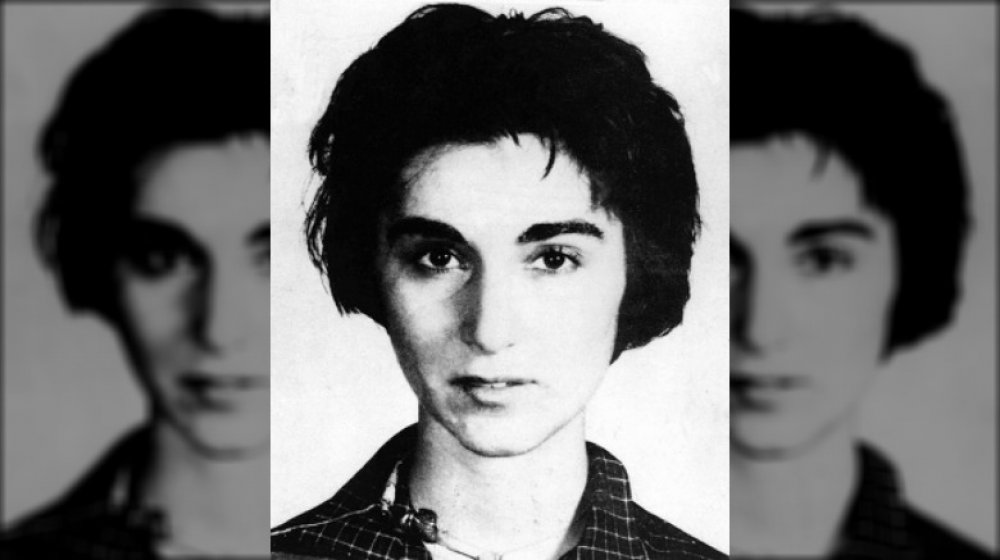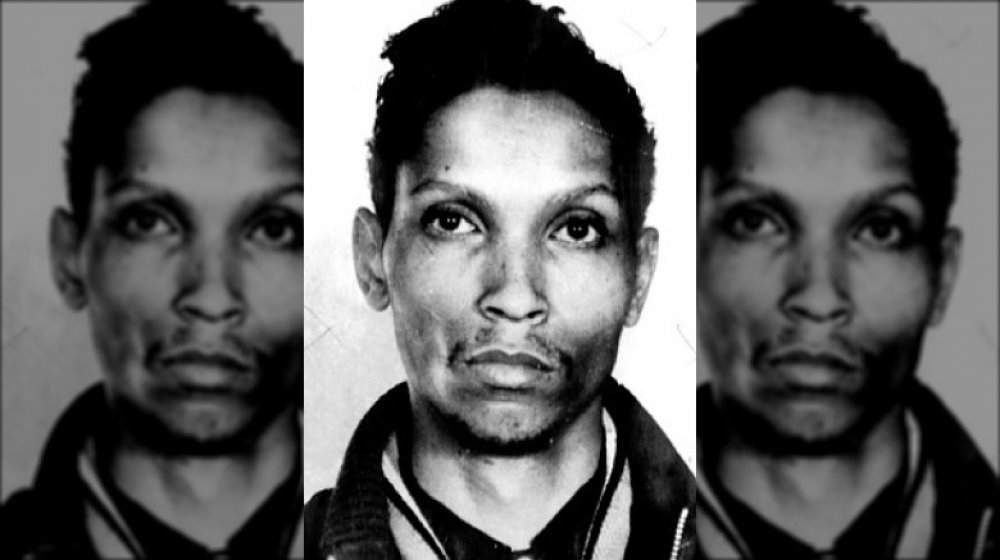What Really Happened To Kitty Genovese?
For decades, the story of Kitty Genovese has served as a point of fascination to first-year sociology students, an example of the "bystander effect" to anyone cornered by said students at a party, and a finger-wagging expository homily to viewers of The Boondock Saints. The details vary from one telling to another, but the basics of this borderline legendary moment in American true crime stay the same: a young woman walking down a New York street in the middle of the night was accosted by a madman. Residents looked out from their windows, watched as she was brutally murdered ... and nobody did anything to stop it.
That the murder of Catherine "Kitty" Genovese took place is a matter of historical record. Per NPR, at around 3 o'clock in the morning on March 13th, 1964, Genovese had returned home from her job managing Ev's 11th Hour Bar in Queens. Walking from her car to her apartment building, she was attacked by Winston Moseley, a 29 year old New York native wielding a hunting knife. Moseley stabbed Genovese twice in the back, prompting her to scream out and alert the neighbors.
... but that's where the story starts to divert from the generally accepted narrative. No, nobody swooped in to save the save the day, but a local resident named Robert Mozer did reportedly scream, "Let that girl alone," prompting Moseley to flee on foot.
Apathy, confusion, and evil
Genovese then turned the corner, stumbling into an alleyway, and out of view of the public. She collapsed in a parking lot behind a building, where Moseley eventually found her half an hour later. He stabbed her, sexually assaulted her, robbed her, and left her to die. When this second attack occurred, though, nobody could see what was happening.
Two weeks later, the New York Times ran an article on the attack which they would later describe as "extensive, though flawed." The piece claimed that 38 witnesses spent half an hour watching Moseley "stalk and stab a woman in three separate attacks," and did nothing. The truth is more complicated. On the pedantic side, there were actually 49 witness reports on record, according to Kevin Cook's book on the subject, Kitty Genovese: The Murder, the Bystanders, the Crime That Changed America. However, the more substantive truth is that at least one witness, Michael Hoffman, swore up and down that his father had called the police immediately. The call wasn't recorded by the police department, and he reported getting stink-eyed by officers the next day, when he said "Maybe you should have come when I made the phone call," according to NPR.
In the end, the story of Kitty Genovese is a tragedy, but it's a tragedy rooted in Moseley's insanity and, arguably, human misunderstanding, not a preternatural tendency towards gruesome voyeurism. At worst, it just means that, as NPR also pointed out, humans are only as civilized as rats.

